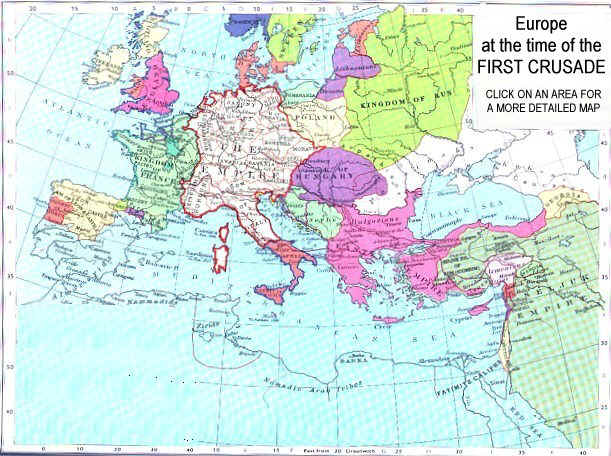|
Europe Defines New Policy for Eco-Friendly Manufactured Products BRUSSELS, Belgium, January 5, 2001 (ENS) - The outlines of a future European Union policy to reduce the environmental burden of manufactured products have been sketched out by the European Commission's environment directorate in a draft green paper submitted to other Commission directorates. The discussion paper could be adopted by the full Commission next month unless it meets serious opposition. The European Commission, the executive branch of the 15 nation European Union, is responsible for proposing legislation. The first task of an European Union integrated product policy, the environment directorate says, should be to use market instruments to internalize products' external environmental costs over their whole lifecycle. The "main solution," it says, should be differentiated taxation rates according to the environmental performance. One possibility is to apply reduced value added tax rates to those carrying the European Union's ecolabel. Introducing producer responsibility for goods at the end of their lives is another way of forcing up product standards and "should be extended to further areas of EU and member state legislation," the paper says. Deposit-refund schemes should also be investigated as another means of encouraging consumers to dispose of products properly. Ecolabels could also take on a greater role. The paper says their scope should be extended to cover as many products as possible, with greater public funding. Criteria developed for ecolabels should be available for use in other situations where product discrimination is desirable, it says. Though it has just been revamped, the European Union's own ecolabel scheme will be reviewed as part of a wider labelling strategy. Current European Union law on public procurement is "still very restrictive" and limits the scope for preferring greener products, the draft says, despite recent proposals for changes to procurement rules. The Commission will adopt an "interpretative communication" on public procurement and the environment. A more practical handbook with similar aims is already under preparation. In suggestions aimed at manufacturers, the directorate says they should be encouraged to disseminate information on product impacts more widely. Eco-design guidelines should be produced, backed up by design standards. Any "specific" problems with particular product types should be tackled by multi-stakeholder product panels along Danish lines, the discussion paper says. One or two pilot projects are to be established this year. Finally, the so-called "new approach" to legislation, in which general objectives set by governments are implemented through standards drawn up by independent bodies, should be "reviewed and optimised," the environment directorate recommends. .
|

